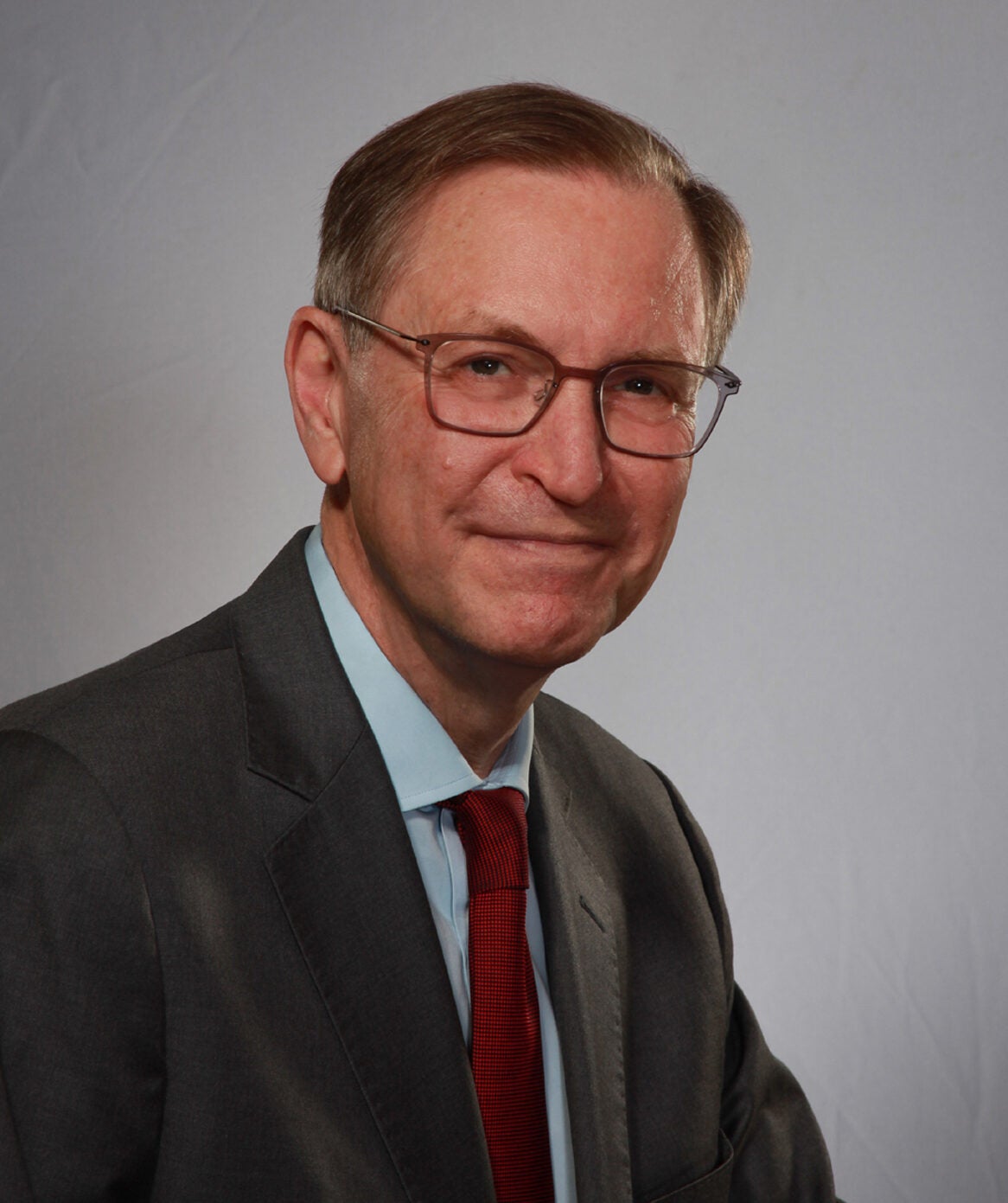
Glenn Hubbard
Dean emeritus and Russell L. Carson Professor of Finance and Economics
Columbia Business School
GLENN HUBBARD is dean emeritus of Columbia Business School. He is also the Russell L. Carson Professor of Finance and Economics. Hubbard received his B.A. and B.S. degrees summa cum laude from the University of Central Florida, where he received the National Society of Professional Engineers Award. He has been a visiting professor at Harvard University and the University of Chicago. Additionally, he is a visiting scholar at the American Enterprise Institute in Washington. He holds A.M. and Ph.D. degrees in economics from Harvard University, where he received fellowships from the National Science Foundation and the Alfred P. Sloan Foundation. In addition to writing more than 100 scholarly articles in economics and finance, Glenn is the author of three popular textbooks, as well as co-author of The Aid Trap: Hard Truths About Ending Poverty, Balance: The Economics of Great Powers From Ancient Rome to Modern America, and Healthy, Wealthy, and Wise: Five Steps to a Better Health Care System. In government, Hubbard served as deputy assistant secretary for tax policy at the United States Treasury Department from 1991 to 1993. From February 2001 until March 2003, he was chairman of the U.S. Council of Economic Advisers under President George W. Bush. While serving as CEA chairman, he also chaired the economic policy committee of the OECD. In the corporate sector, he is chairman of the Board of MetLife and sits on the board of BlackRock Fixed Income Funds. Hubbard is co-chair of the Committee on Capital Markets Regulation; he is a past chair of the Economic Club of New York and a past co-chair of the Study Group on Corporate Boards.
Publications
Washington Post Op-Ed: What a successful economic recovery plan must look like
It was good news that the economy added 2.5 million jobs last month. But we are still only one-tenth of the way to repairing the massive labor market damage caused by the novel coronavirus. The job growth was bolstered by massive governmental intervention, and most of the fiscal policies are coming to an end. In order to protect ...
Taskforce Report: Promoting Economic Recovery After COVID-19
This report puts forward a set of policies that should be part of the next wave of fiscal policy aimed at bolstering individuals and workers, small and mid-sized businesses, and state and local governments during a sustained recovery from the Covid-19 pandemic.
A Policy Agenda to Develop Human Capital for the Modern Economy
This proposal recognizes the simultaneous need for more college educated workers and also for a higher level of labor market skill among non-college educated individuals. The authors propose to invest in the upskilling of the American workplace by better leveraging the potential of the community college sector.